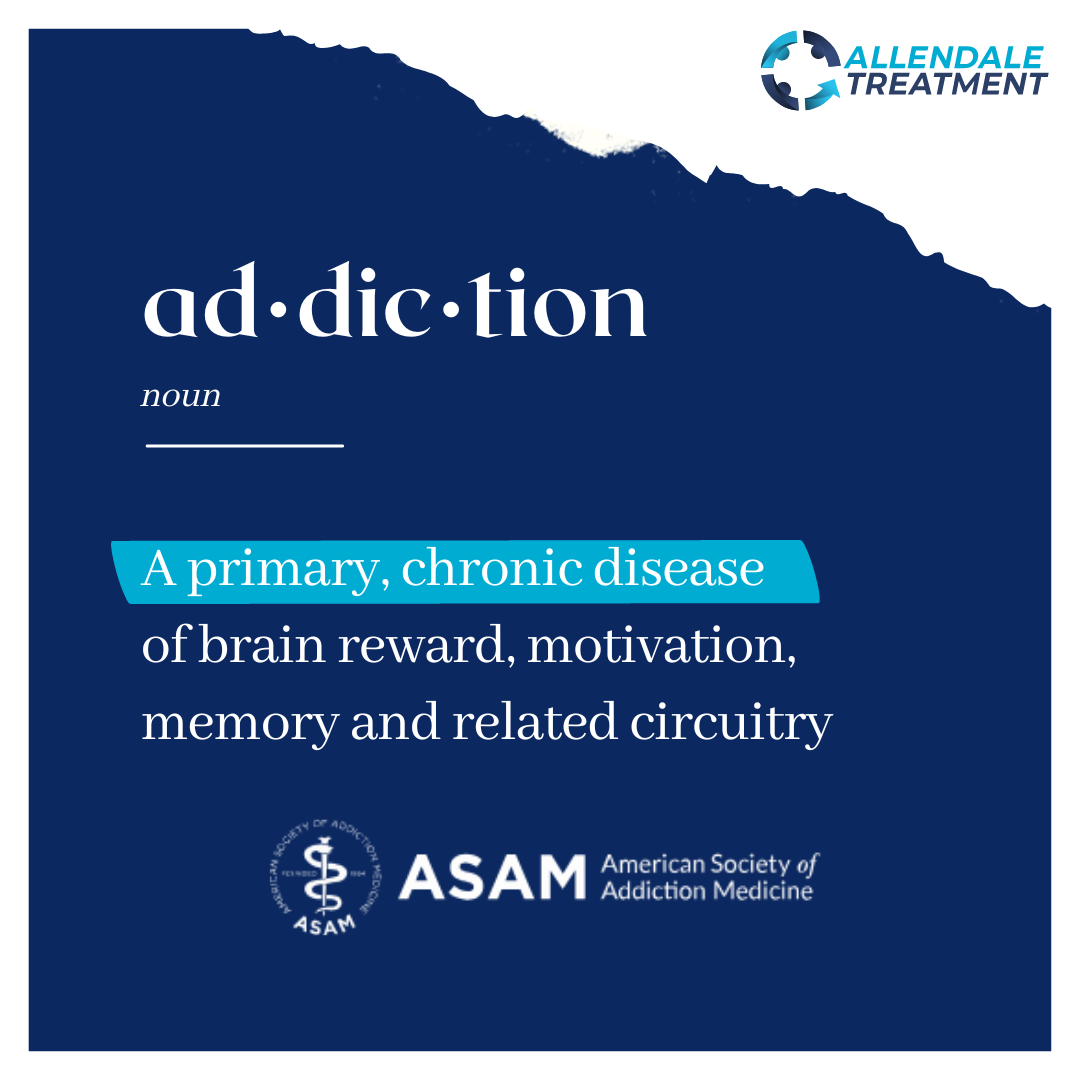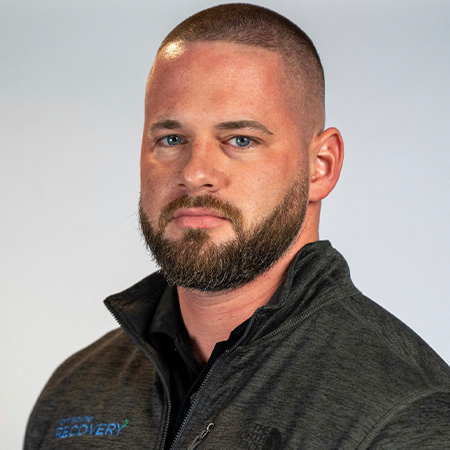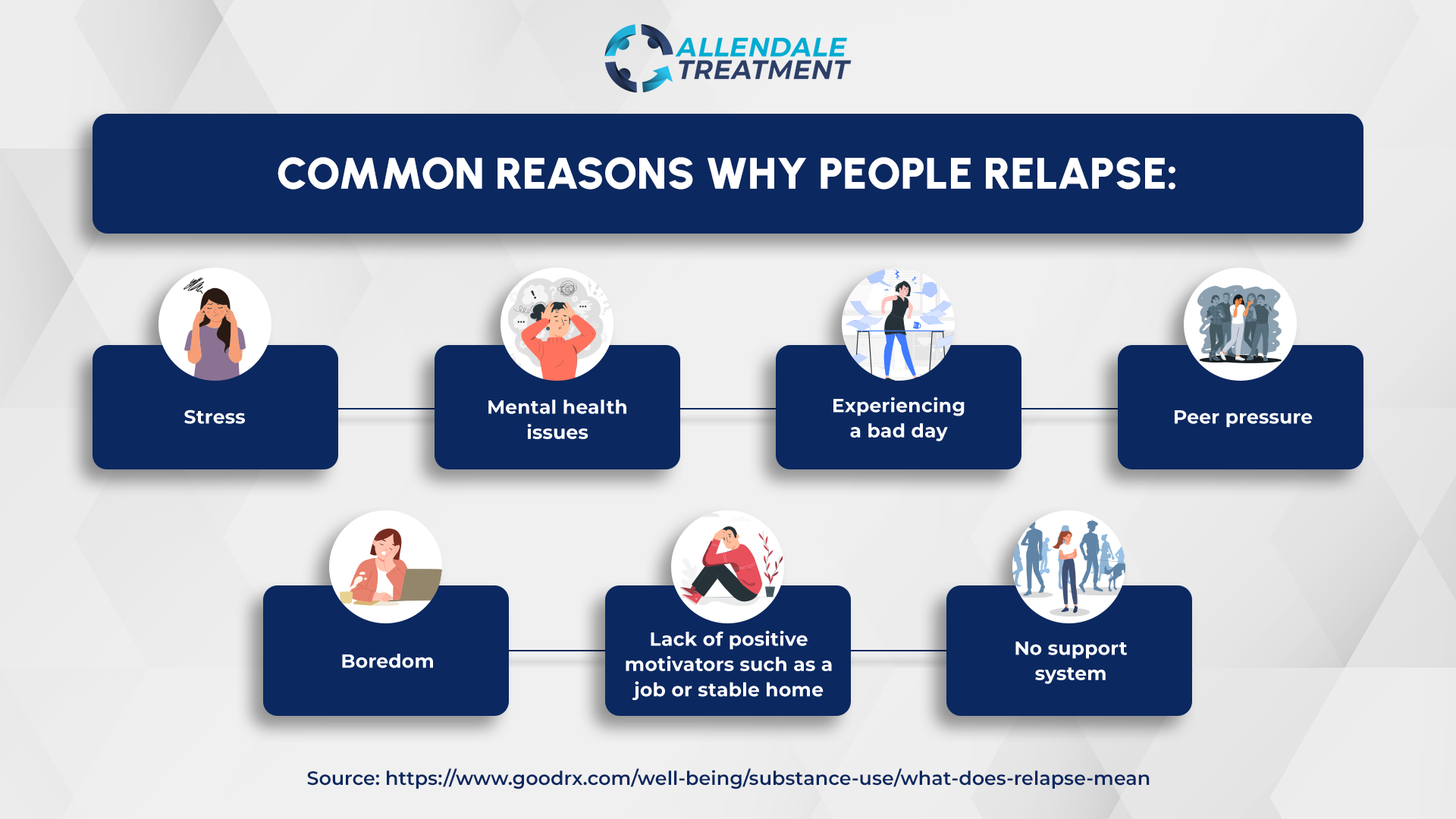Dispelling Common Myths About Substance Use Disorders
Dispelling Common Myths About Substance Use Disorders
While substance use disorders (SUD)s have received more attention in recent years due to the increase in fentanyl-related overdoses and the impact the pandemic has had on addiction – many misconceptions continue to exist. Some people still view addiction as something only people with a criminal or difficult background struggle with and view relapse as a failure.
These misconceptions may not directly impact someone struggling with substance abuse but they can prevent them from seeking treatment or limit the type of resources they try to access. Like any medical condition, addiction impacts people differently and therefore what works for one person, may not for another. Here are some common misconceptions about SUDs.
Updated: 2023
Written by: Allendale Treatment
If you or anyone you know are struggling with addiction, call (833) 338-6946 to speak with a professional.
Myth: Addiction Isn’t a Disease, It’s Choice
Some people view substance abuse as a weakness, character flaw, or a “bad choice” the abuser is making but research shows that SUDs are a disease that affects a person’s brain and leads to an inability to control the use of legal or illegal substances.
The American Society of Addiction Medicine has gone as far as categorizing addiction as a chronic brain disorder since it changes the way the brain works by rewiring its structure. As drugs and alcohol enter someone’s system, they activate the brain’s reward system and release the chemical dopamine which causes the person to experience a euphoric effect.
Some people will develop an addiction to opioids after being prescribed them for a medical procedure while others might develop an addiction after experimenting with friends. As time passes, the person may need larger doses of opioids to get high and then they will need the drug just to feel normal. Any non-medically assisted attempts to stop drug use may cause intense withdrawal symptoms and make them feel physically and mentally ill.

Nate Moellering, a community outreach coordinator at Allendale Treatment and Fort Wayne Recovery says that while some people may be more genetically prone to developing an addiction, it can happen to anyone. “Addiction doesn’t discriminate and anyone can become an addict,” says Moellering.
Myth: Relapse = Failure
Relapsing during drug and alcohol recovery is more common than people realize, and 40% to 60% of people in recovery will experience a relapse. While a relapse can occur at any point, it is more likely to happen within the first year of treatment. Instead of being viewed as a failure, it should be looked at as a setback and doesn’t mean the person struggling with addiction won’t be able to maintain sobriety in the future. If a relapse occurs, the person should try getting back on track as soon as possible and can follow these tips to help them do so:
“Whenever somebody tells me that they’ve relapsed I always ask them what they were doing to maintain their sobriety.”
“Whenever somebody tells me that they’ve relapsed I always ask them what they were doing to maintain their sobriety.”

Tommy Streeter
COMMUNITY OUTREACH
Tommy Streeter, a community outreach coordinator for Allendale Treatment and Fort Wayne Recovery says that continuing to work on sobriety is a crucial part of preventing a relapse from occurring. “Whenever somebody tells me that they’ve relapsed I always ask them what they were doing to maintain their sobriety and most of the time they’ll tell me that they were working or spending time with their family but they weren’t attending any kind of recovery program,” says Streeter. “I know from personal experience that trying to stay sober on my own didn’t work so that’s why I tell people that they should be in some type of recovery program like AA or inpatient treatment to help them maintain their sobriety.”

Myth: The Same Treatment Plan Works For Everyone
Just like how people respond differently to certain types of teaching styles or have different reactions to medications, people with SUDs also respond differently to treatment options.
Depending on the severity and the type of substance they’re addicted to, they may need additional time to detox or complete in-patient treatment. They may also benefit from transitioning to a partial hospitalization program or sober living housing. Katie, a Clinical Director at Fort Wayne Recovery says that it’s important to find a treatment program that will provide them with ongoing support to achieve the best results. “I see a lot of people who are sober but miserable because they haven’t engaged with any kind of aftercare support,” says Marie. “We want you to maintain your sobriety but also be able to enjoy your life.”
Some people may also benefit from medication-assisted treatment (MAT) which can help them to taper off opioids without experiencing severe withdrawal symptoms. Even though substance abuse experts and many medical professionals support MATs for addiction treatment, there are still people who believe that it’s just replacing one addiction with another. But data shows that when combined with mental health services to treat opioid use disorders (OUDs), 90% of people who use MATs remain sober 2 years later.
For people like Moellering who’ve been able to maintain long-term sobriety, treatment was an essential part of their recovery journey. “My treatment program was a necessary part of the journey for me. It provided me with structure, boundaries and discipline. Aftercare or ongoing treatment comes in many different shapes and forms and can include anything from private therapy to support groups. Everybody in recovery needs to figure out what’s going to work best for them because there is no one way to achieve sobriety.”
If you or anyone you know are struggling with addiction, call (833) 338-6946 to speak with a professional.


